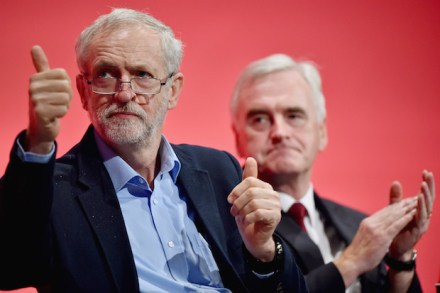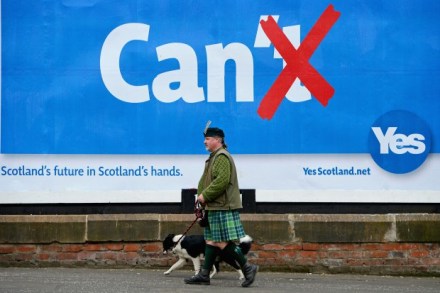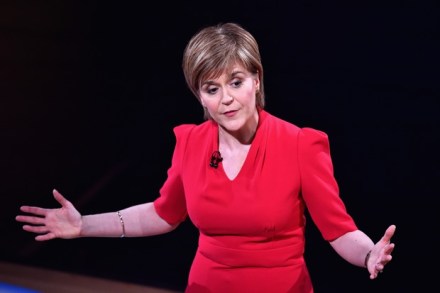Spain’s hunger for political change may be just what Catalonia needs
Some unjustified assumptions inform the Spanish government’s anti-Catalonian rhetoric: that it will be in power long enough to prevent Catalonia leaving Spain; that it can disallow the region’s continued or renewed membership of the EU as an independent state; or, at the very least, that it can ban a referendum on the matter. On 20 December, Spaniards head to the polls in a general election that will see the country’s two main parties – the governing, conservative Popular Party and the socialist PSOE – challenged, for the first time in the country’s democratic history, by newcomers such as leftist Podemos (‘We Can’) and centre-right Ciudadanos (‘Citizens’). The makeup of the next Spanish government is at present an



















